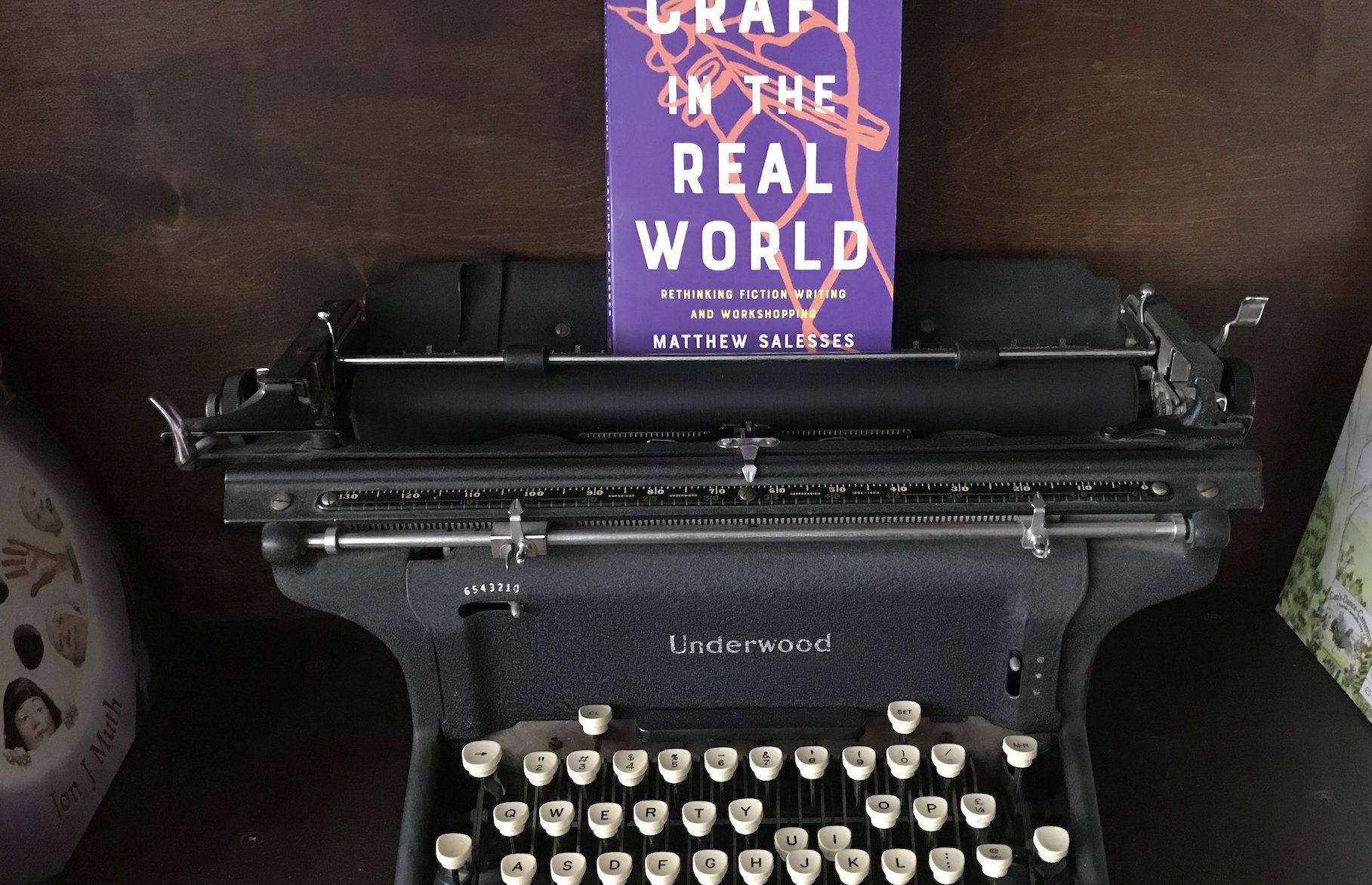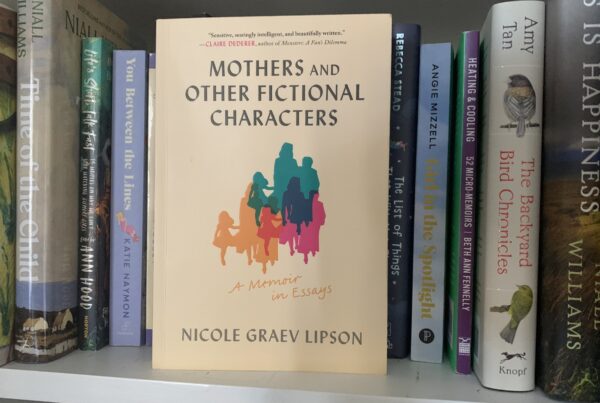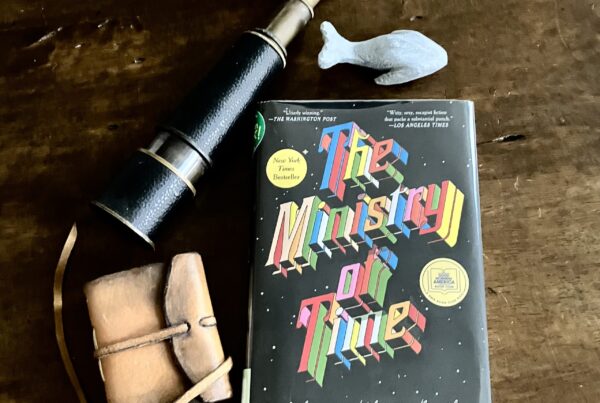Finally, after a few years, I’ll be teaching the Creative Writing course at my school again. I’m ecstatic. But I don’t want to teach the course the way I taught it years ago, before I became a professional writer myself, before I began to explore ways of decolonizing my classroom, before I really thought about how the way we teach writing is rooted in colonialism, white supremacy, patriarchy, and the like. I wanted to read some of the books recently released about teaching writing through an anti-racist, anti-oppressive lens. There are a number of books out there, but I kept hearing about Matthew Salesses’ Craft in the Real World and decided to have a look.
Salesses’ book tackles the writing workshop, a standard practice in writing programs, established by and for white male writers, and how its legacy continues now in the language we use around craft, the way we run workshops with students, how we think about who we’re writing for, and more.
“Craft is not innocent or neutral,” he writes. “Culture stands behind what makes many craft moves ‘work’ or not, and for whom they work.” Hence, “the writer with different cultural values [than the white, heterosexual, male, able-bodied norm] has to learn more than the terms and sayings of literary craft. She has to learn a whole new system, a whole new tradition.”
In the first half of the book, Salesses redefines common craft terms such as plot, character, story arc, etc. through a sociocultural context. For example, instead of ‘setting’ as time and place, or even another ‘character,’ as is often discussed in writing classrooms, Salesses argues that setting is about “what is noticed,” and what is noticed “depends on who does the noticing.” Therefore, a “strange man in an otherwise empty parking lot is a different setting for a female protagonist than for a male protagonist.” So, as writers, we must think about what our characters and narrators notice—because this says something about “what is worth noticing and who is worth noticing and what world the characters—and author and audience—accordingly inhabit.”
I found Salesses’ interpretation of these terms a challenge—the good kind—to how I’ve learned about and taught craft. And his emphasis on the cultural expectations, assumptions, implications, and consequences of how we talk about craft certainly resonated with me—I am constantly thinking about how my identities impact my writing, about how my writing will land with ‘mainstream’ audiences versus people who share my marginalized identities, about how alienated I feel in certain writing spaces versus others and why.
In the second half of the book, Salesses offers many alternatives to the conventional workshop, such as approaches that center the writer and their intentions rather than centering the writer’s peers and how they want the writer to write (since we tend to steer writers toward writing that fits our own visions). Salesses also offers writing and revision exercises that fit with the definitions of craft he’s supplied that both writing teachers and writers will find useful.
The book will certainly impact how I approach the creative writing course I’ll be teaching this year, and if you’re someone who teaches writing and/or participates in writing communities, I recommend reading Craft in the Real World to open up challenging, valuable conversations about how we understand craft.




